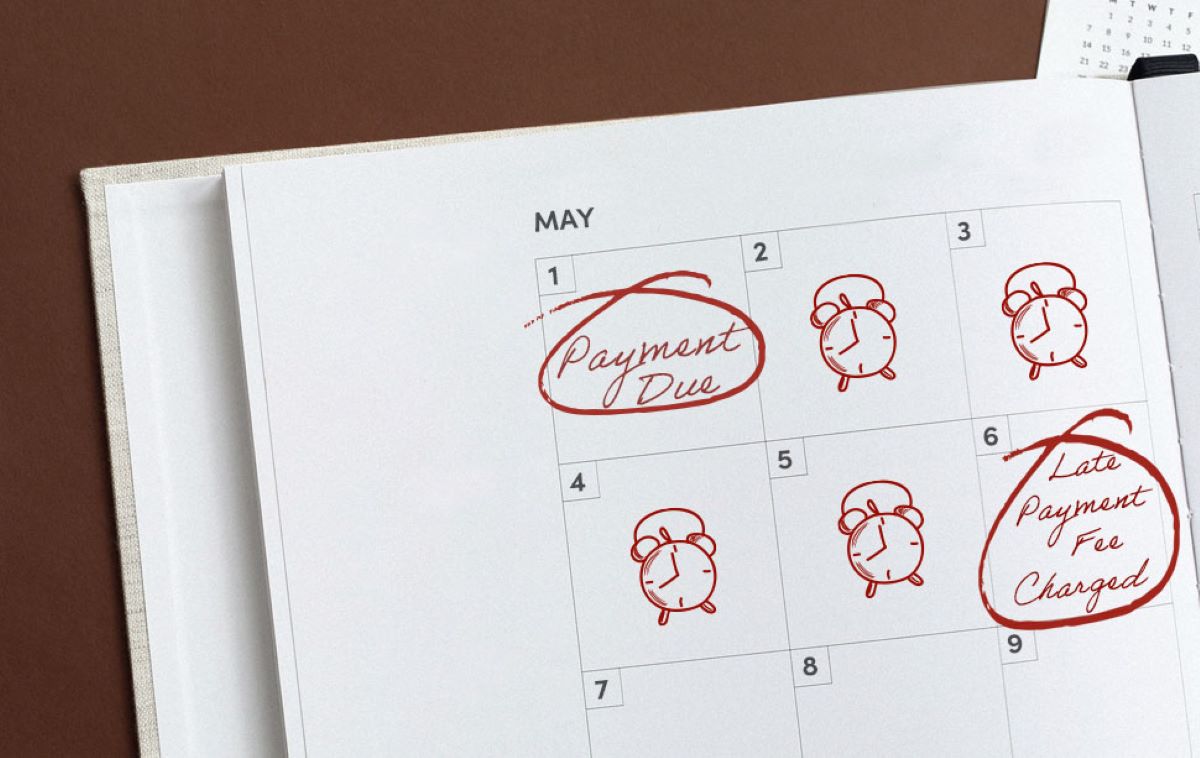Home>Finance>Late Fee: Definition, How They Work, And How To Avoid Them


Finance
Late Fee: Definition, How They Work, And How To Avoid Them
Published: December 16, 2023
Learn about late fees in finance, including their definition, how they work, and effective strategies to avoid them.
(Many of the links in this article redirect to a specific reviewed product. Your purchase of these products through affiliate links helps to generate commission for LiveWell, at no extra cost. Learn more)
Understanding Late Fees in Finance
Are you familiar with the concept of late fees? In the world of finance, late fees are charges that a borrower incurs when they fail to make a payment on time. These fees can vary from industry to industry, but their purpose remains the same: to incentivize timely payments and mitigate potential losses for the lender. In this blog post, we will delve deeper into the definition of late fees, how they work, and most importantly, how you can avoid them.
Key Takeaways:
- Late fees are charges imposed on borrowers who fail to make timely payments.
- They serve as an incentive for prompt payment and protect lenders from financial losses.
How Late Fees Work
Late fees can vary depending on the industry and lender, but they are typically calculated as a percentage of the outstanding balance or a fixed amount. For example, credit card companies often charge a percentage of the minimum payment due or a fixed dollar amount for late payments. Mortgage lenders, on the other hand, may charge a percentage of the overdue amount based on the terms of the loan agreement.
It’s important to note that late fees can accumulate over time if the borrower continues to miss payments. In some cases, lenders may impose additional penalties, such as increased interest rates or reporting the late payment to credit bureaus, which can negatively impact the borrower’s credit score.
How to Avoid Late Fees
Now that you understand what late fees are and how they work, let’s explore some strategies to avoid them:
- Set up reminders: Utilize mobile apps, calendar alerts, or email reminders to notify you of upcoming payment due dates.
- Create a budget: Establish a budget that includes all your financial obligations, ensuring that you allocate enough funds for timely payments.
- Automate payments: Consider setting up automatic payments through your bank account or credit card to ensure that payments are made on time.
- Communicate with lenders: If you anticipate difficulty in making a payment, it’s crucial to reach out to your lender before the due date. They may be willing to work out a payment plan or waive the late fee.
- Track payment receipts: Keep a record of payments made, including transaction details, receipts, and confirmations, for future reference and dispute resolution.
Conclusion
Late fees are an essential aspect of financial transactions, encouraging borrowers to prioritize timely payments. Understanding how late fees work and implementing proactive measures can help you avoid unnecessary penalties and maintain a healthy financial record. Remember, it’s crucial to manage your finances responsibly to ensure a strong financial future.














